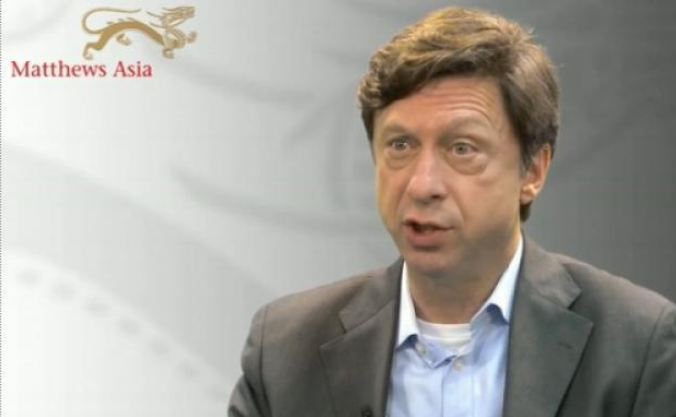Asian Institutions Face Pressure to Lift Returns
| For Gabriela Huerta | 0 Comentarios
Many Asian institutions are struggling to meet their targeted portfolio returns or have recorded negative returns amid the global market turbulence since mid-2015. This has forced them to look beyond core asset classes for yield and search for more non-traditional strategies as they seek to boost returns and reduce fee expenses on their portfolios.
This is one of the key findings from global research and consulting firm Cerulli Associates‘ newly released Institutional Asset Management in Asia 2016 report. While the number of traditional mandate issuances from Asian institutions declined, the pace of alternative searches and use of other non-traditional avenues like smart beta strategies have markedly increased among asset owners in China, Korea, Hong Kong, and Taiwan.
Alternative allocations, in fact, gave institutions like Korea’s National Pension Fund and Korea Teachers Pension Fund the strongest returns on their respective investment portfolios last year. This has strengthened the resolve of many Korean institutions to beef up their alternative exposures, with some of them aiming to invest at least 20% of their portfolios in alternatives before 2020. Apart from the allure of alternative investments, the underperformance of active managers has also prompted Asian institutions to think more about passive products or smart beta products. In Taiwan, assets allocated by pension funds to smart beta strategies surged by 62.2% to US$10.9 billion, accounting for 31.9% of their total overseas mandates as of June 2016.
However, Asian institutions are unlikely to have full-scale expertise in these areas any time soon, and will have to rely on external managers. “This burgeoning demand for alternatives and passive products will provide more opportunities than ever to managers known for their strong alternative capabilities,” says Manuelita Contreras, an associate director with Cerulli, who led the report.
This certainly puts pressure on traditional asset managers. In Cerulli’s survey of institutional asset managers in Asia, they ranked competition from alternatives and passive products among their top five challenges over the next two years. Many traditional asset managers have even jumped on the alternative bandwagon and built their alternative capabilities.
The growing competition for assets from the usual institutional investors in the region has also prodded managers to find opportunities at smaller institutions, including private banks, smaller pension funds, benefit associations, and small and mid-sized insurers. “Nowhere is this more evident than in Korea, where a slew of them have poured money into overseas investments, with some having even leapfrogged from passive to alternative investments,” says Rui Ming Tay, an analyst with Cerulli, who co-led the report.







